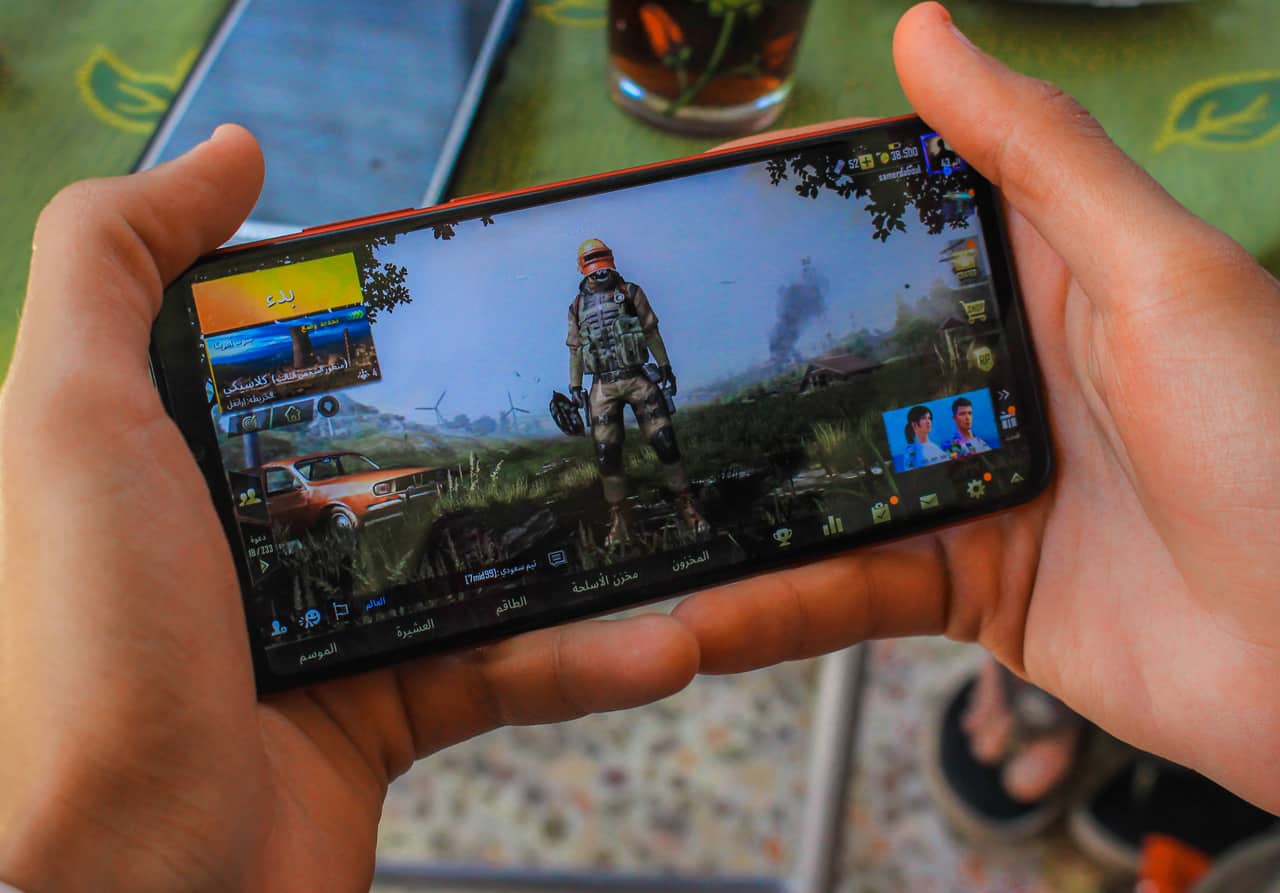Mississauga researcher thinks video game loot boxes shouldn’t be banned
Published July 8, 2022 at 3:35 pm

As countries around the world consider banning or regulating video game loot boxes, a Mississauga researcher suggests a better way.
Free-play video games often offer loot boxes as a way to generate revenue. These boxes contain virtual items, such as weapons or treasure, to enhance game play.
The Netherlands is looking to ban in-game loot boxes because of their links to gambling and the fact that children can be manipulated into making microtransactions.
Other countries are looking at regulating the loot boxes.
But Ningyuan Chen, an assistant professor at U of T Mississauga’s Department of Management, is studying the best way to price and design loot boxes, according to U of T News.
Chen and his colleagues have written papers on the issue and recently presented their research to United States Federal Trade Commission.
Chen doesn’t believe in banning loot boxes because they are source of revenue for the gaming industry. Free-to-play games still have maintenance costs.
Instead, his research focuses on creating better loot boxes.
July 8 | #NationalVideoGameDay
Want to improve your odds in a video game? Hand over a bit of real-world money for a virtual loot box that could increase in-game performance.#UTM researchers propose best loot box model to maximize gaming profits 💰 https://t.co/uqf2JkBARz pic.twitter.com/zI6G7a3pgn
— U of T Mississauga (@UTM) July 8, 2022
A typical problem with many video game loot boxes is that they contain items the player already has. But Chen suggests a box where the items are still random, but they are items the player doesn’t already own.
“We found that the unique box can make more profit because the customer knows they will get something new so they’re willing to pay more,” Chen tells U of T News.
Chen’s research also looks into regulating loot boxes as some video games misrepresent the probability of getting a certain item.
As a billion dollar industry — in 2018 alone, more than $30 billion dollars in sales were conducted via loot boxes — Chen believes the academic community needs to study these issues more closely.
INsauga's Editorial Standards and Policies








